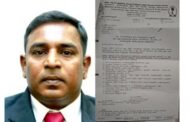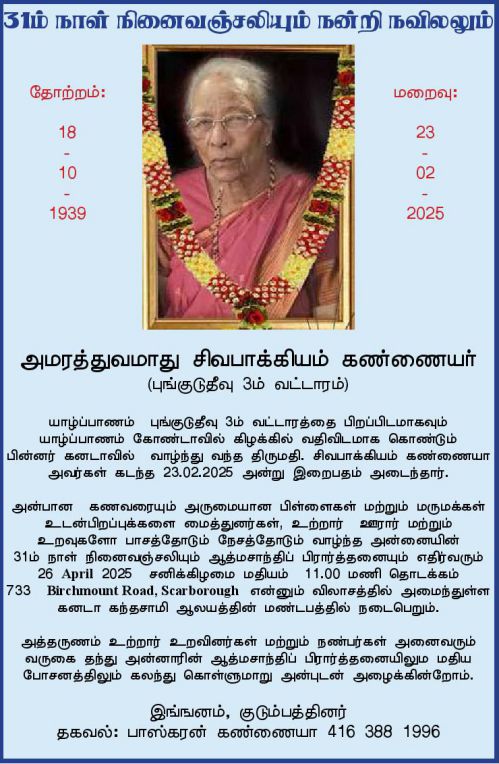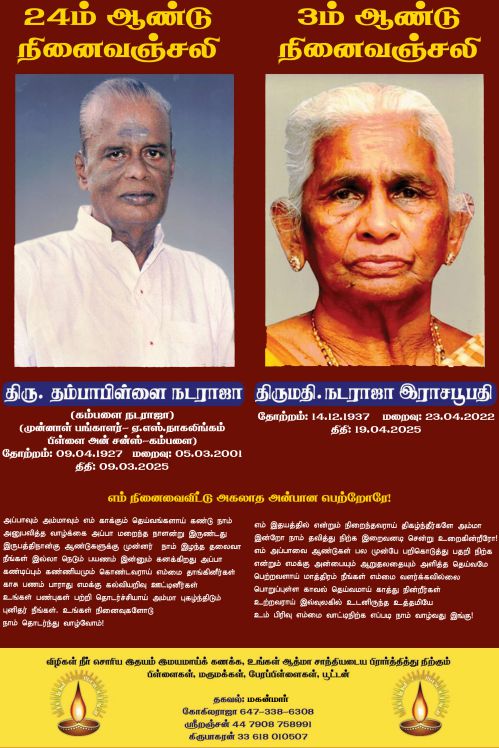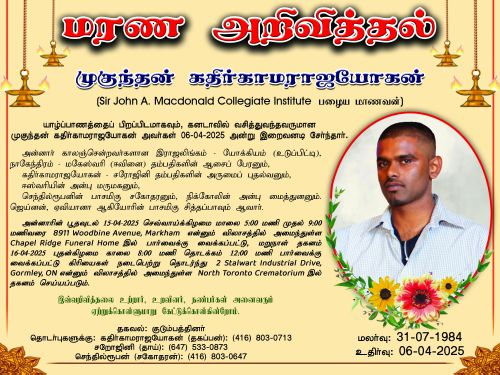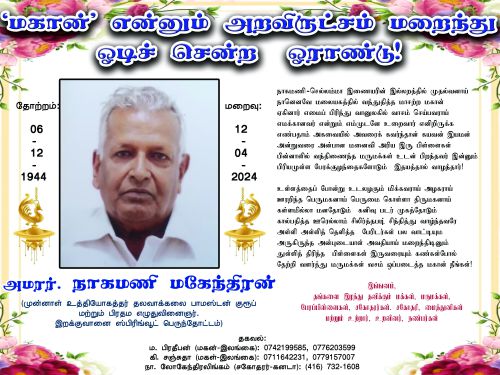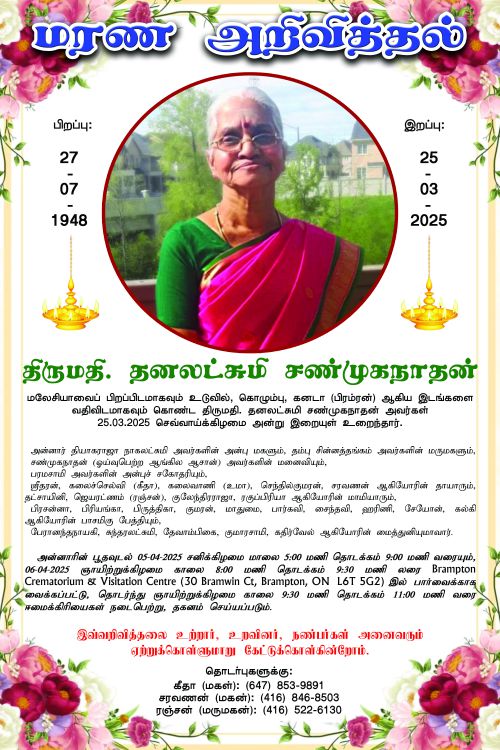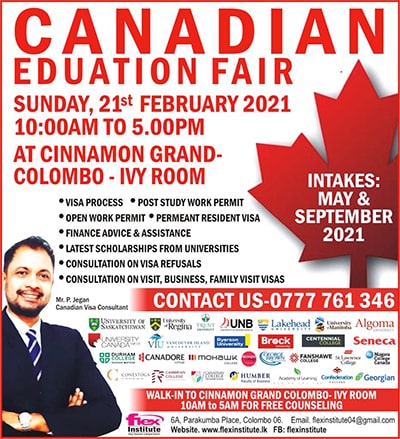Siva Parameswaran Senior International journalist London
Sri Lanka has come under scathing criticism by the UN Human Rights High commissioner for not fulfilling it’s commitment to the council and the international community.
Michelle Bachalet-UN Human Rights High commissioner in her oral submissions during the 48th session of the council has called upon the Government of Sri Lanka (GOSL) to prove it’s commitment to work with the UN to ensure accountability.
In her submission Michelle Bachalet has expressed her strong dissatisfaction over continuing militarisation in the country and the culture of impuntiy.
“The current social, economic and governance challenges faced by Sri Lanka indicate the corrosive impact that militarisation and the lack of accountability continue to have on fundamental rights, civic space, democratic institutions, social cohesion and sustainable development”.
She also said that her office will be ‘’closely monitoring’’ the new state of emergency declared in the country with the aim of ensuring food security and price controls amid deepening recession.
“The emergency regulations are very broad and may further expand the role of the military in civilian functions”.
While noting with interest the President’s recent meeting with some civil society leaders, and I encourage broader dialogue and steps to open Sri Lanka’s civic space-she said.
“I note with interest Regrettably, surveillance, intimidation and judicial harassment of human rights defenders, journalists and families of the disappeared has not only continued, but has broadened to a wider spectrum of students, academics, medical professionals and religious leaders critical of government policies. Several peaceful protests and commemorations have been met with excessive use of force and the arrest or detention of demonstrators in quarantine centres”.
She has also expressed apprehension about new regulations on civil society groups and says it is widely feared that they will further tighten restrictions on fundamental freedoms.
Culture of impunity
The UNHRC commissioner has condemned the culture of impunity prevailing in the country. She has pointed out the decision of the Attorney General not to proceed with charges against former Navy commander Wasantha Karannagoda in the case of the enforced disappearances of 11 men in 2008 and 2009.
“I am concerned by developments in judicial proceedings in a number of emblematic human rights cases”.
The President’s recent pardon of a former member of parliament, Duminda Silva, has also been criticised by the UNHRC chief. She says this also “risks eroding confidence in the rule of law and judicial process”.
Michelle Bachalet has expressed her deep concerns about deaths in police custody and reports of torture and ill-treatment by law enforcement officials.
 Problematic PTA
Problematic PTA
The arbitrary decision of the government to detain individuals under the draconian Prevention of Terrorism Act (PTA) has come in for sharp criticism by the High commissioner. Noting the government’s intention to revisit the PTA-she has called for the act to be repealed at the earliest.
“I urge an immediate moratorium on the use of the Act, and that a clear timeline be set for its comprehensive review or repeal”.
In her oral submission on 13th September, Ms Bachelet has stressed the importance of transparent, victim-centred and gender sensitive approaches, and that reparations programs must be accompanied by broader truth and justice measures.
She has also said the Office of Missing Persons has failed to inspire confidence among the victims.
While the GOSL has put forward its proposal to implement the recommendations of the UNHRC-critics say those proposals lacks will and depth and point out that GOSL has constantly negated the assurances given to the UNHRC and the international community.
While the 51st session of the UNHRC is considered crucial for the future of Sri Lanka the remarks of the High commissioner are seen as a stark warning. Her message to the GOSL is the UNHRC is closely monitoring the developments in the island nation.
“I encourage Council members to continue paying close attention to developments in Sri Lanka, and to seek credible progress in advancing reconciliation, accountability and human rights”.







